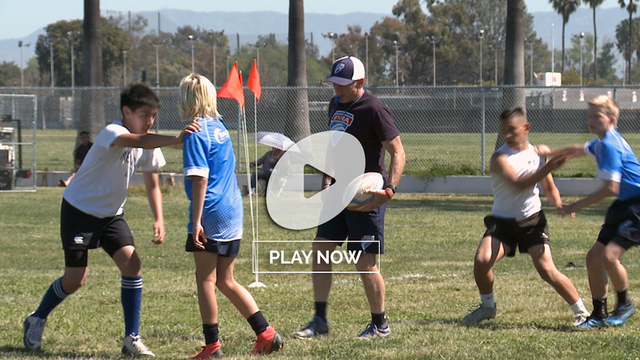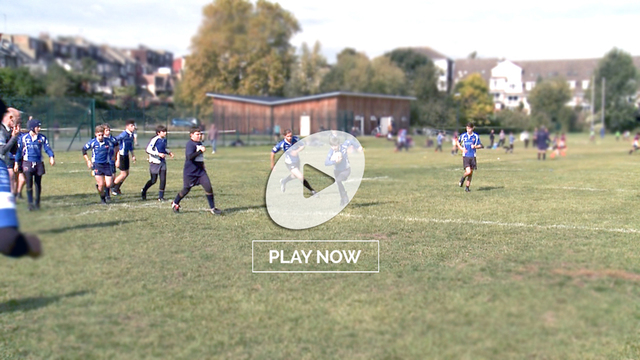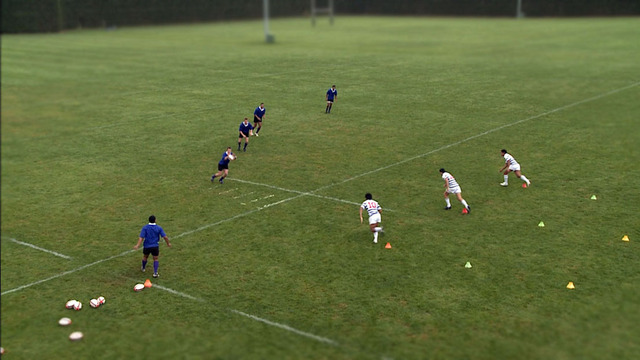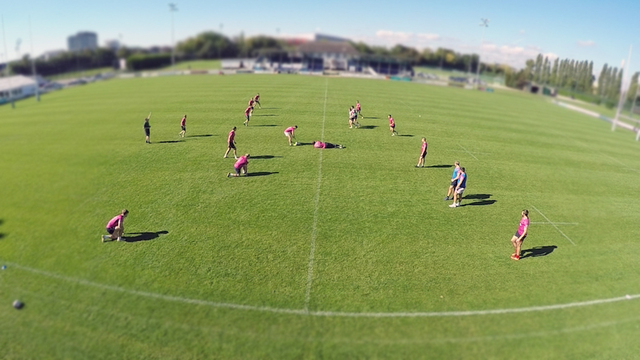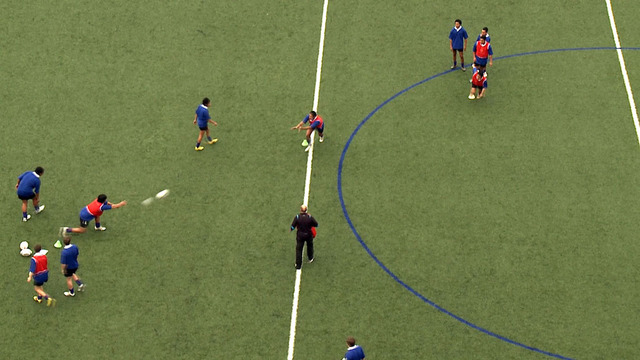The five matches played in the Six Nations so far, and this is not the time to go into the farcical postponement in Paris, have highlighted the importance of the continuity area of the game.
I do not like to use the term breakdown because it implies failure: if your car breaks down, you call an outside agency to come and help you. What the games have done is highlight the collision-based mentality of some sides as a starting point.
Other teams view it as an opportunity to attack space, keeping the ball alive but accepting there will be collisions from time to time. The two approaches are at the opposite ends of the spectrum.
A problem with the collision-based mentality is that it gives the defending team the opportunity to slow the ball down, steal it or win penalties for holding on. The World Cup showed the value of having a natural seven and the top sides were loaded with players who had honed their turnover skills.
To me, it comes down to mindset. It should be about playing a dynamic game based on tempo and movement, with the desire to attack space, but the matches in Rome and Cardiff last weekend showed the markedly different approaches.
England’s victory over Italy was an attritional affair. I think it is still too early to pass judgement on Stuart Lancaster’s side: they are going to have to sharpen the attacking side of their game in the next three matches having played the two weakest sides in the tournament, but two victories out of two achieved in difficult conditions is a decent start. The question is how many more layers they have.
The Test between Wales and Scotland was, in contrast, full of movement and pace. Wales are playing totally differently to the way they were a year ago and, like England in 2000, seem to have gained energy and enthusiasm from an influx of young players.
It is all about technique in the continuity area, but as well as the question of how, there is also the matter of when and why. There should be four thought processes for a ball-carrier: play the ball before contact; off-load; stay on your feet and commit more defenders into the tackle; and the final one should be go to ground.
This is where the coaching of continuity is so important. It should be based far less on drills and considerably more on game understanding. Players should be looking for mismatches, trying to get the ball into areas where the defence is exposed. That can be around the third defender, the area from where Scotland made a few busts against England, or down the 13 channel, which is why I think England will be wary of replacing Brad Barritt, their best defender, with Manu Tuilagi against Wales next week.
The touchlines, down the short side and out wide, should be used, but what we tend to see more off is forwards running off the scrum-half and getting into areas from where there is no escape.
The best possession to attack with is turnover ball, whether that is after a tackle, line-out, scrum or a kick downfield. It is when defences are at their most disorganised, but too few teams have the confidence or the willingness to react and play what is in front of them.
Stuart Lancaster said from the start that he wanted England to attack and play with width. He knows that defence is unlikely to be enough for the rest of the Six Nations and that more questions are going to be asked of his side. It will come down to mindset.
Given the way the game is generally played in the English Premiership, Stuart is having to change the attitude of players. He will look at the make-up of his back row: Ben Morgan may come in at No 8, but is Chris Robshaw a natural number 7? Tom Wood is the main option there, but he is injured.
What I expect all coaches to be emphasising in the coming week is the importance of continuity. England’s two tries so far have come from charge-downs; Wales’s six have all been scored by three-quarters, five of them out wide (Leigh Halfpenny was on the wing when he went over twice against Scotland).
Twickenham next week promises to be a contrast in styles. England have defended well so far and their discipline has improved, but it will now be about what they can do with the ball, which is why the continuity they are able to achieve is so crucial.



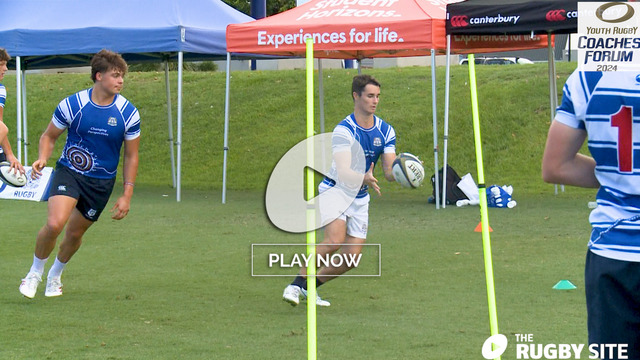
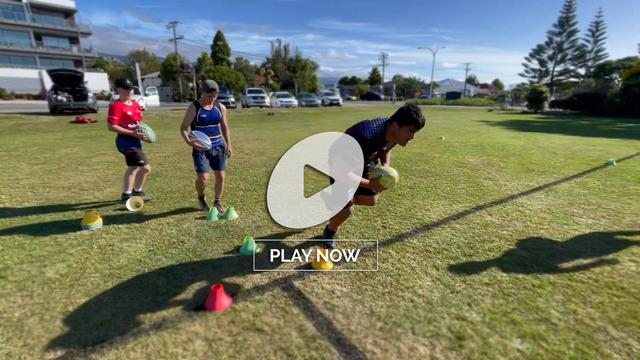
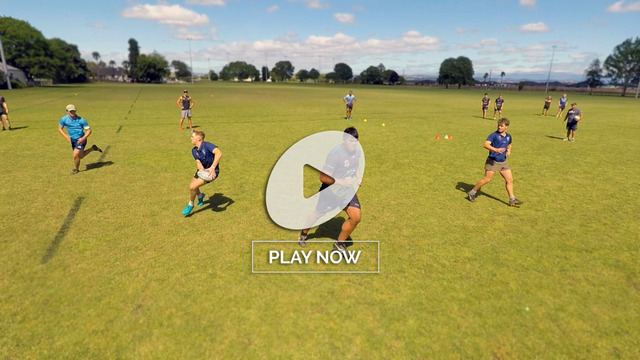
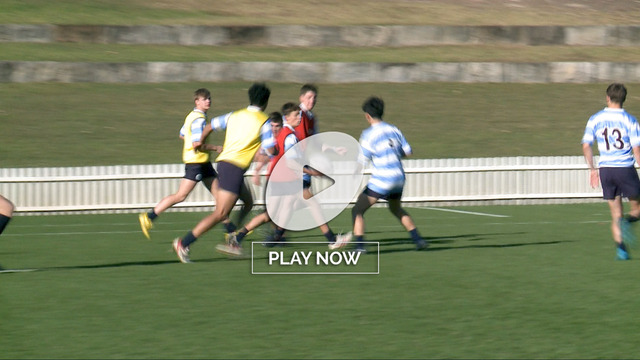
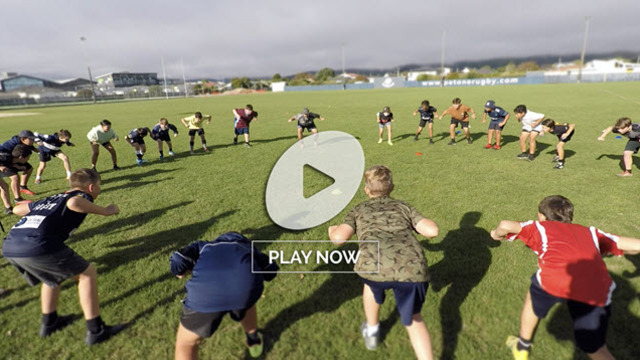
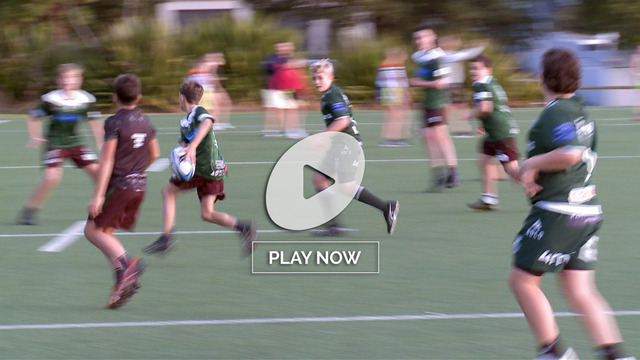
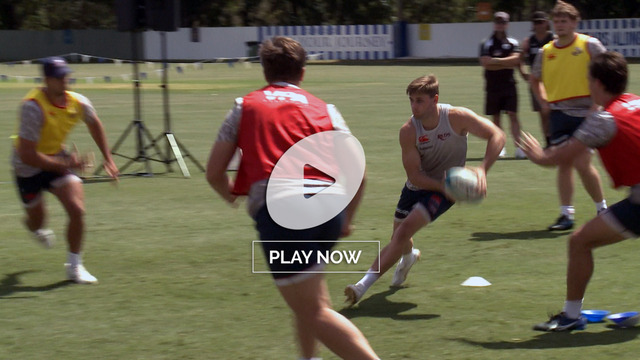
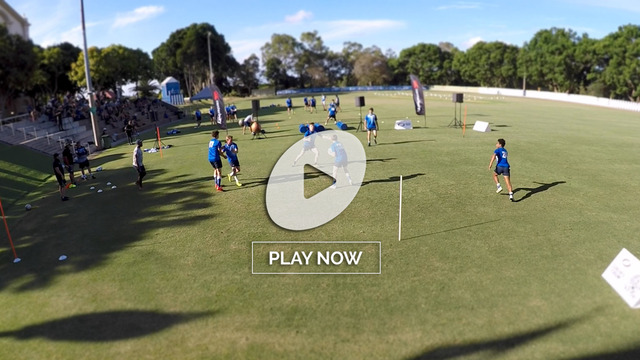
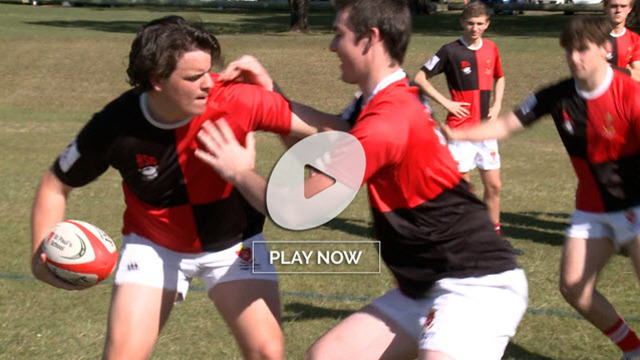
.jpg)
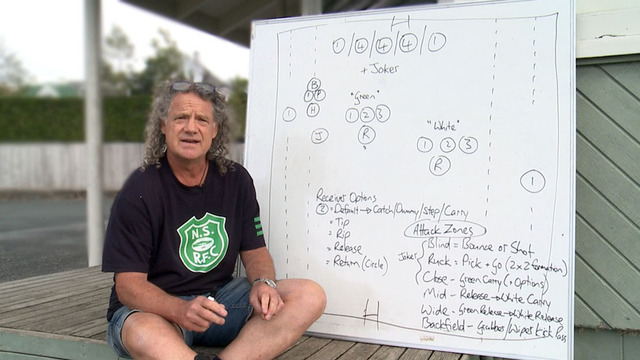
.jpg)
